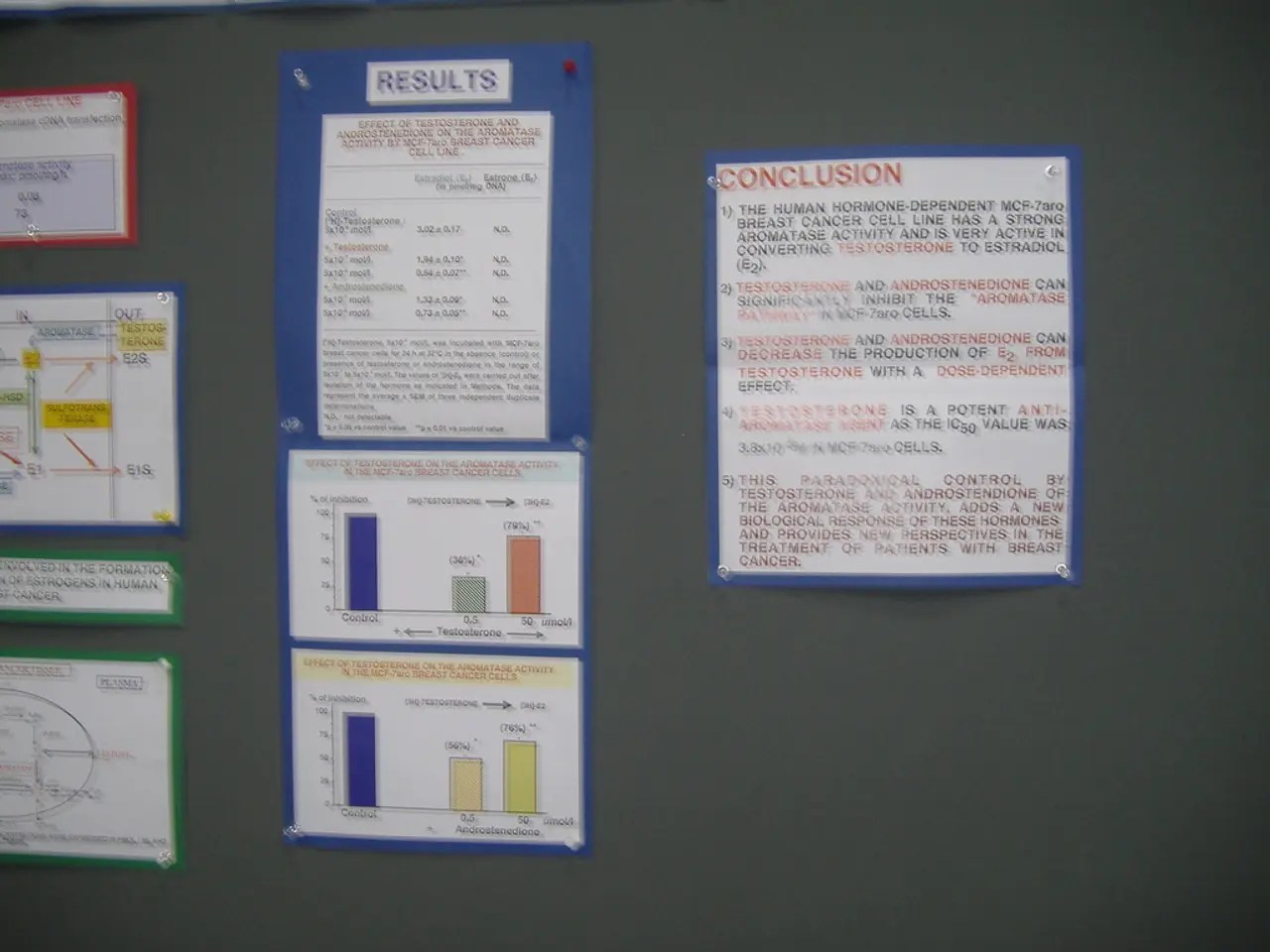Relaxation Methods After Work: 11 Strategies to Chill Out
In today's fast-paced world, work-related stress has become a common issue for many individuals. A recent study reveals that Americans are the most stressed out group in the world, with a stress level that is 20 percentage points higher than the global average. However, there are several strategies that can help manage this stress, including online therapy and lifestyle changes.
Online therapy offers a flexible and convenient solution for those seeking help to manage work-related stress. With its accessible scheduling and anonymity, individuals can fit therapy sessions into their busy work schedule without the need for commuting. This flexibility is particularly beneficial for those with demanding work hours or frequent travel.
Moreover, online therapy provides a comfortable environment for individuals to open up about their stressors. The greater anonymity offered can help reduce the stigma associated with seeking mental health support, making it easier for people to seek help.
Online therapy also ensures continuity of care, even during life transitions or when working from different locations. This consistent support is crucial for managing ongoing stress related to work. Therapists can help individuals identify work-related stressors and develop effective coping strategies, such as cognitive-behavioral therapy (CBT).
Eating a well-balanced diet is another effective way to cope with work-related stress. Whole grains, fruits, vegetables, and foods rich in omega-3 fatty acids, like avocado and salmon, are foods that help fight stress. Dark chocolate and herbal teas are also foods that can help improve mood and energy levels, promoting mental health and relieving stress and anxiety.
Exercise is a proven, effective way to unwind and decompress after work. Regular exercise releases endorphins, improves mood, regulates blood pressure, and reduces stress levels. Engaging in fun activities with loved ones can also provide a break from work-related worries and lower stress levels.
Journaling is an excellent coping tool that promotes mental health and relieves stress and anxiety. Writing down thoughts and feelings can help individuals process their emotions and gain a better understanding of their stressors.
Adequate sleep is crucial for maintaining mental health and recovering from work stress. Getting 60-90 extra minutes of sleep per night could result in being overall happier and healthier.
It's concerning to note that 94% of workers in the United States report feeling stressed at work. However, with the benefits of online therapy and lifestyle changes, it's possible to effectively manage work-related stress and maintain a healthy work-life balance.
- Cognitive-behavioral therapy, a strategy often employed in online therapy, can help individuals identify and manage their work-related stressors.
- Incorporating a balanced diet rich in whole grains, fruits, vegetables, and omega-3 fatty acids can be an effective method for coping with work-related stress.
- Stress management can also be achieved through regular exercise, which releases endorphins, improves mood, and reduces stress levels.
- Journaling can serve as a powerful coping tool to promote mental health, relieve stress and anxiety, and provide a deeper understanding of personal stressors.
- A licensed therapist, available through online therapy, can provide continuity of care, even during life transitions or when working from different locations.
- In a world where work-related stress is a prevalent issue, using online therapy and implementing lifestyle changes can help maintain mental health, manage ongoing stress, and foster a healthy work-life balance.




